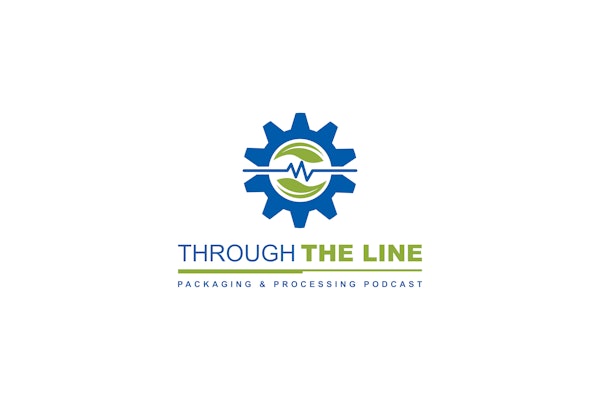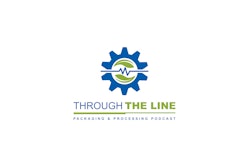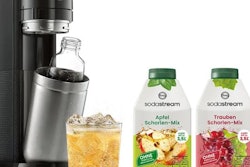
Are you struggling to integrate automation in your packaging lines? You’re not alone.
Bryan Griffen, Group Engineering Manager at Nestlé Corporate Engineering explained the challenge in the presentation, “Optimized Packaging Lines: Reduce Engineering Time with Integrated System Diagnostics.”
“When we put machines together to create a packaging line, the machines don’t necessarily talk,” he said. “The control architectures are organized differently, they communicate differently.”
Typically, users will hire system integrators to make the machines work together, which can become very costly and time-consuming.
These issues led to the creation of OMAC’s PackML (Packaging Machine Language) an international industry-wide standard that provides three things:
• A 17-state model that defines the states that a machine can be in, i.e. Starting, Held, Suspend
• A set of modes of operation, i.e., active or manual
• Pack Tags, used for machine-to-machine data communication, i.e., the state of the machine, recipe changes, running conditions
Pack Tags can work in PLCs from different suppliers without the need for separate system integrators, so users are able to send information from machine to machine regardless of supplier, leading to reduced line integration costs.
Pamela Docherty, U.S. Life Sciences Industry Manager at Siemens commented that use of the standards helps to reduce the risks of integration by avoiding communication hurdles once the machines are delivered. She urged manufacturers to think of integration from the start.
“An optimized packaging line isn’t a product you buy, it doesn’t have a part number. It has to start at the beginning of the project to ensure that you’re using the existing international standards to get the optimal solution.”

























